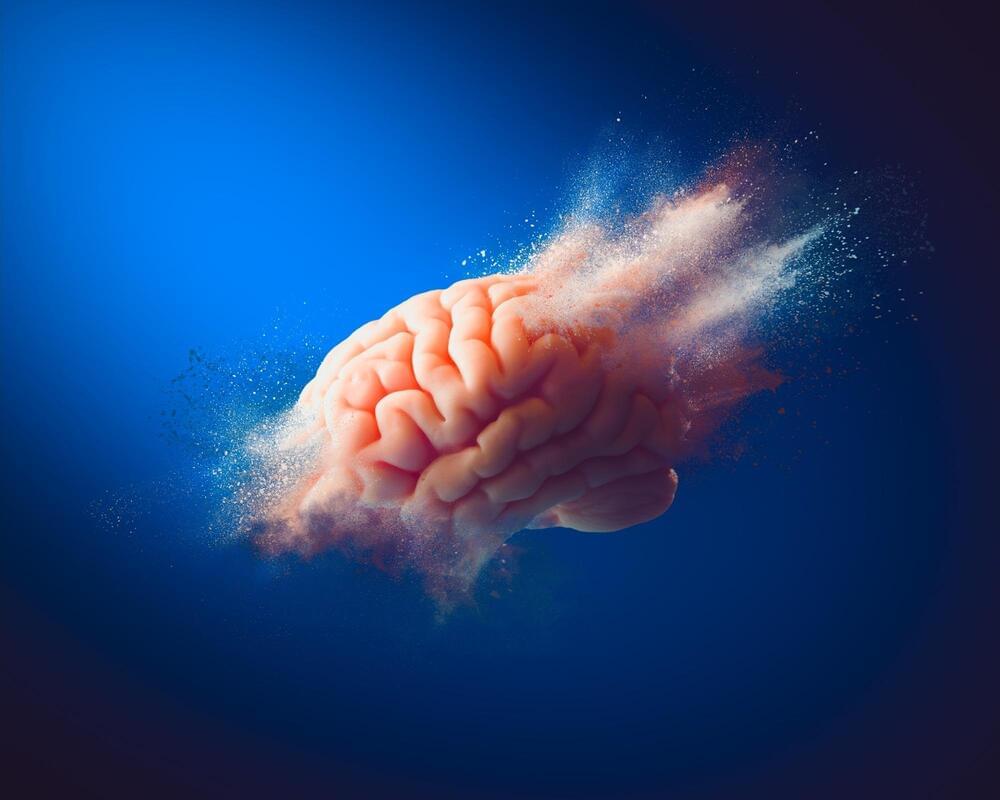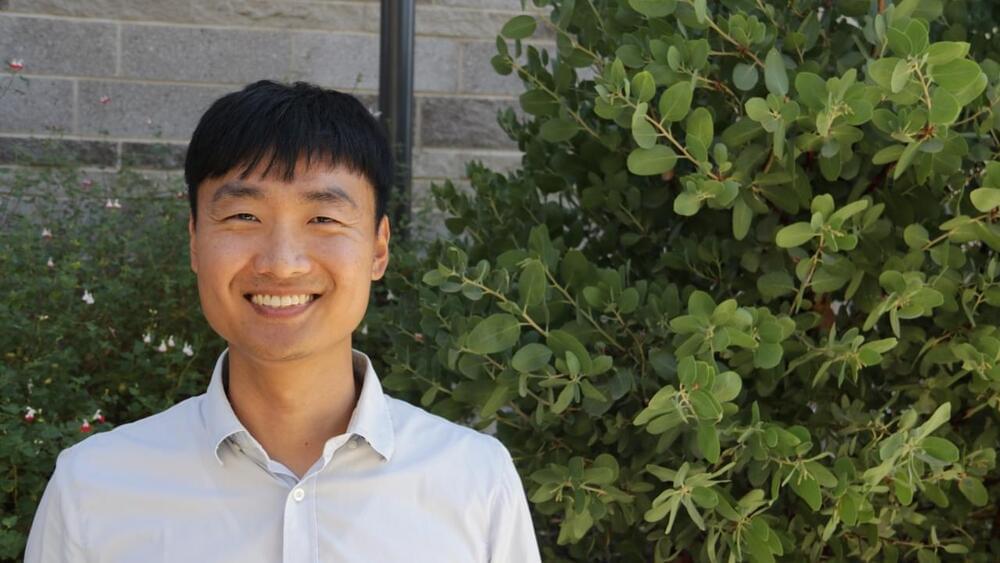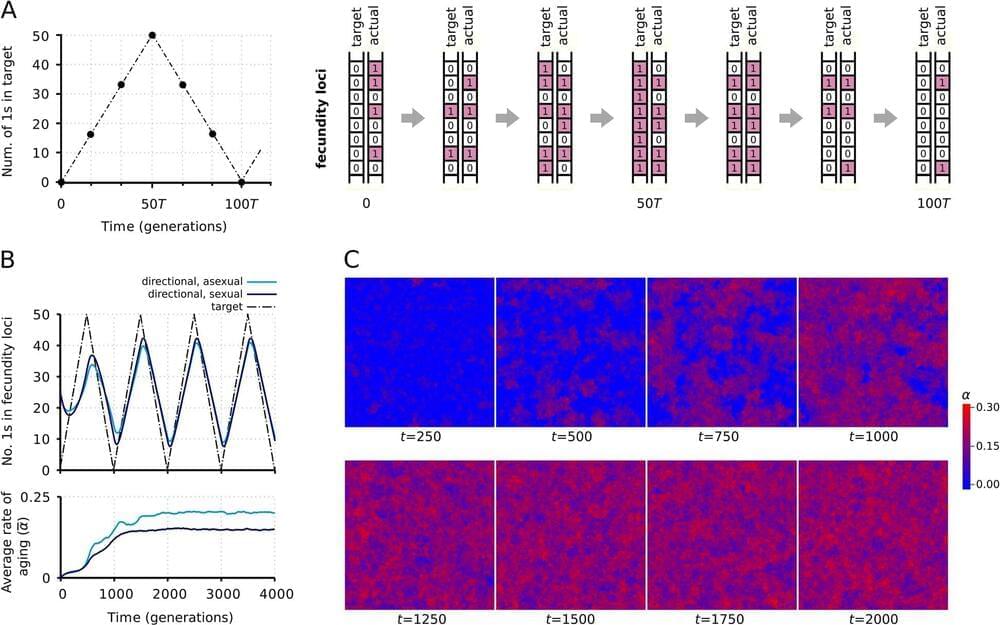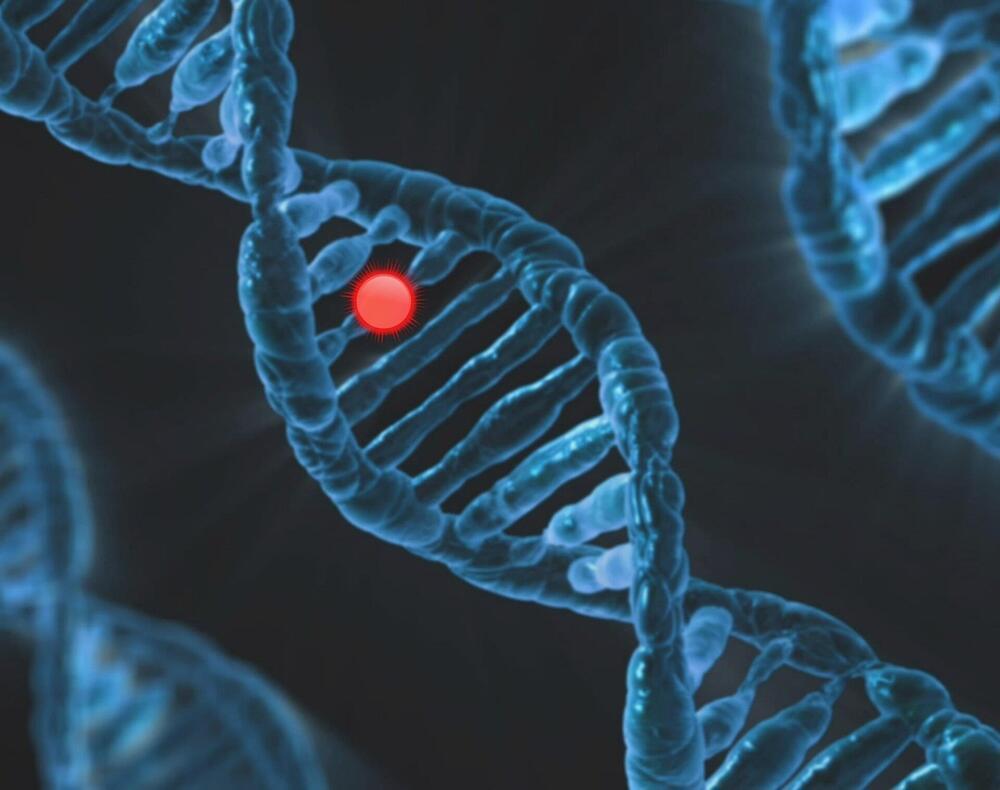There’s an unfortunate irony in cell therapy that holds it back from its full potential: Regenerating tissues often must be damaged to know if the treatment is working, such as surgically removing tissue to see if rejuvenation is occurring beneath.
The alternative isn’t much better: Patients can choose to wait and see if their health improves, but after weeks of uncertainty, they might find that no healing has taken place without a clear explanation as to why.
Jinhwan Kim, a new assistant professor of biomedical engineering at the University of California, Davis, who holds a joint appointment with the Department of Surgery at UC Davis Health, wants to change all of that. In his research program, he combines nanotechnology and novel bioimaging techniques to provide non-invasive, real-time monitoring of cellular function and health.



